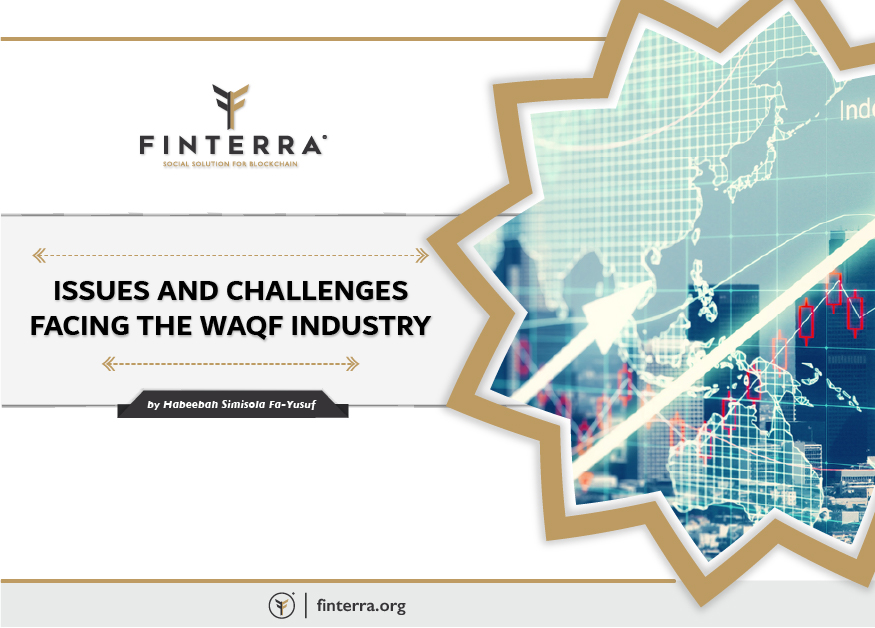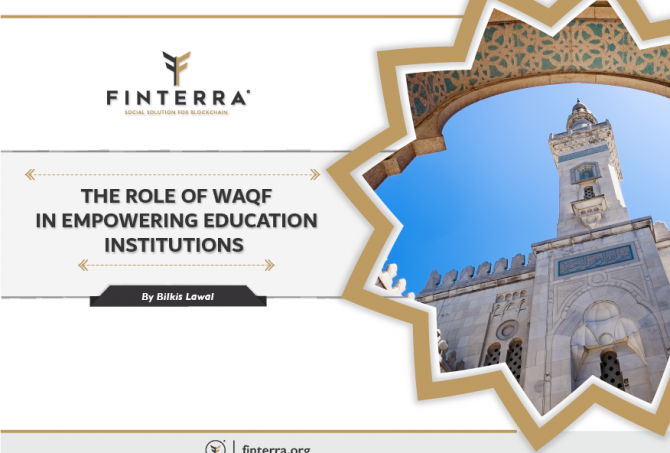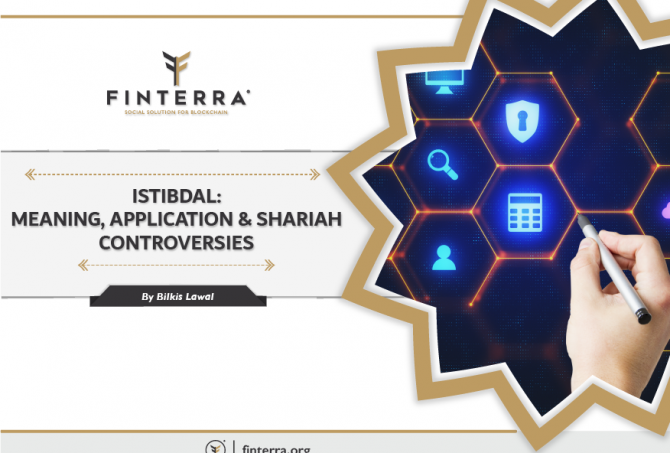Issues and Challenges facing the Waqf industry
1. Background
Although the concept of Waqf is as old as Islam itself, it is still faced with issues especially in the Muslim World where it ought to have been developed. Previous articles by the author have discussed how Waqf operated in the old Muslim world and how it is practiced in the present day. This article identifies some of the issues and challenges facing the Waqf industry all around the world. It concludes by suggesting solutions to some of these problems.
2. Financial and Management Issues
In Yemen, one of the challenges facing the Waqf industry is the widespread mismanagement of Waqf funds (Al-Shami, Mohamad & Hassan, 2015). This challenge is also faced in other Muslim-majority countries. Mismanagement could arise from a lack of capacity to manage waqf funds or unscrupulous individuals managing Waqf funds.
In addition, the Waqf industry is suffering from another problem which is the discrepancy in financial reporting (Siraj, 2012). One other financial issue closely related to this problem is the lack of accountability by Waqf trustees.
Another financial issue identified by Siraj (2012) is financial inadequacy. Two reasons for financial inadequacy is that some people do not trust Waqf bodies (trust issue) and the problem of lack of transparency of Waqf bodies. Lack of transparency leads to a lack of trust (Mohsin & Muneeza, 2018).
3. Legal Issues
The major legal issue facing the Waqf industry is the lack of adequate legal infrastructure for the operation of Waqf in most jurisdictions. In cases where there is an existing legal framework for Waqf, it may not be adequate. Such inadequacy may be in the absence of provision for rules regarding the investment of Waqf funds and development of Waqf property, for example.
4. Other issues
The prevalence of idle Waqf land is another issue that is hindering waqf assets from development. This is true for Malaysia. The introduction of cash Waqf has the potential to develop idle Waqf land and other forms of immovable Waqf properties. However, some Fiqh rulings consider cash an inappropriate subject matter for waqf (The World Bank, INCEIF & ISRA, 2019). Apart from the permissibility of cash waqf, another challenge regarding the development of idle Waqf property is the permissibility of Istibdal (substitution) of Waqf property. Istibdal, when allowed, has the potential to remove the problem of unproductive assets.
Another challenge facing the Waqf industry is limited publicity about the concept of Waqf and its benefits. There is a need to intensify efforts towards educating the public on Waqf in the form of conferences, seminars, workshops, radio/TV programmes, articles in the press and social media as well as webinars. These may be paid or free.
5. Conclusion
Many of the problems highlighted above are not unsolvable. Integrating technology through blockchain can remove some of these problems such as trust and accountability, as is being done with the WAQFChain platform. The problem of lack of public awareness and limited legal infrastructure can be removed with intervention by Governments of the concerned countries.
Although the concept of Waqf is as old as Islam itself, it is still faced with issues especially in the Muslim World where it ought to have been developed. Previous articles by the author have discussed how Waqf operated in the old Muslim world and how it is practiced in the present day. This article identifies some of the issues and challenges facing the Waqf industry all around the world. It concludes by suggesting solutions to some of these problems.
2. Financial and Management Issues
In Yemen, one of the challenges facing the Waqf industry is the widespread mismanagement of Waqf funds (Al-Shami, Mohamad & Hassan, 2015). This challenge is also faced in other Muslim-majority countries. Mismanagement could arise from a lack of capacity to manage waqf funds or unscrupulous individuals managing Waqf funds.
In addition, the Waqf industry is suffering from another problem which is the discrepancy in financial reporting (Siraj, 2012). One other financial issue closely related to this problem is the lack of accountability by Waqf trustees.
Another financial issue identified by Siraj (2012) is financial inadequacy. Two reasons for financial inadequacy is that some people do not trust Waqf bodies (trust issue) and the problem of lack of transparency of Waqf bodies. Lack of transparency leads to a lack of trust (Mohsin & Muneeza, 2018).
3. Legal Issues
The major legal issue facing the Waqf industry is the lack of adequate legal infrastructure for the operation of Waqf in most jurisdictions. In cases where there is an existing legal framework for Waqf, it may not be adequate. Such inadequacy may be in the absence of provision for rules regarding the investment of Waqf funds and development of Waqf property, for example.
4. Other issues
The prevalence of idle Waqf land is another issue that is hindering waqf assets from development. This is true for Malaysia. The introduction of cash Waqf has the potential to develop idle Waqf land and other forms of immovable Waqf properties. However, some Fiqh rulings consider cash an inappropriate subject matter for waqf (The World Bank, INCEIF & ISRA, 2019). Apart from the permissibility of cash waqf, another challenge regarding the development of idle Waqf property is the permissibility of Istibdal (substitution) of Waqf property. Istibdal, when allowed, has the potential to remove the problem of unproductive assets.
Another challenge facing the Waqf industry is limited publicity about the concept of Waqf and its benefits. There is a need to intensify efforts towards educating the public on Waqf in the form of conferences, seminars, workshops, radio/TV programmes, articles in the press and social media as well as webinars. These may be paid or free.
5. Conclusion
Many of the problems highlighted above are not unsolvable. Integrating technology through blockchain can remove some of these problems such as trust and accountability, as is being done with the WAQFChain platform. The problem of lack of public awareness and limited legal infrastructure can be removed with intervention by Governments of the concerned countries.




